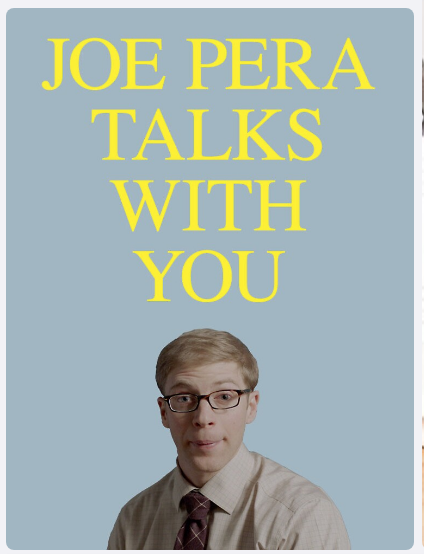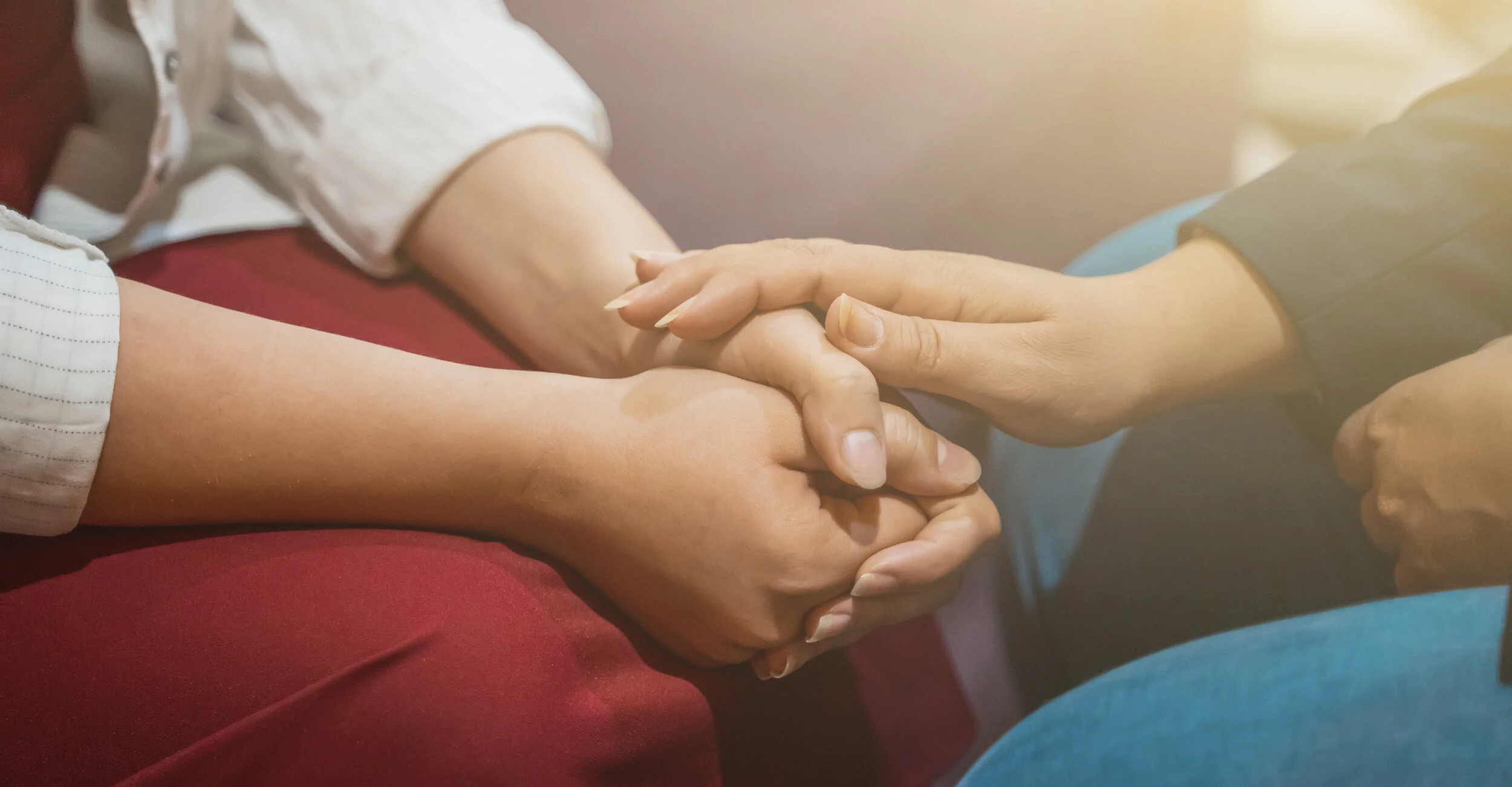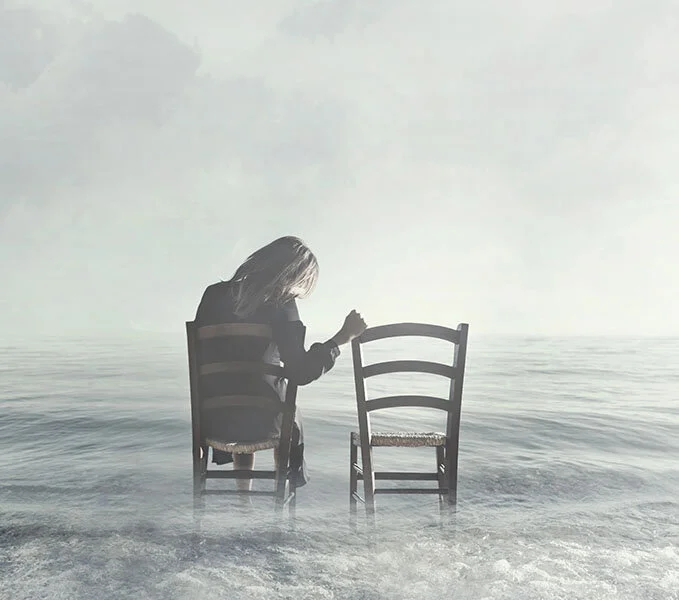I pastored for about 15 years before resigning when my wife and I adopted four kids from foster care (you can read about that journey here). Part of what helped me make the transition from pastoring in a local church “back into the career pool” was finding my way in to chaplaincy.
Chaplains are typically ordained clergy working for non-religious organizations. The position gained prominence (if you can call it that) mostly through the role of military chaplains, though many people might have received a visit at some point from a hospital chaplain. My own experience has been as a hospice chaplain. I know others who serve as “workplace chaplains” serving employees at major corporations. I also know people who serve as chaplains to professional sports teams.
You might think of chaplains as “pastors for hire,” though that sounds much more crude than I mean it to be. But it’s sort of true. The term was originally associated with the Christian faith but quickly grew in to a multi-faith discipline. Chaplains provide spiritual support in professional contexts. Many chaplains have served as pastors, but chaplaincy is much different from pastoring (and this drives many pastors crazy).
Chaplains are not there to proselytize. Whatever your own faith background is your support system, not necessarily the patient’s belief system; it’s where you find strength, but it might not be where the patient finds strength. A chaplain’s role is, as much as possible, to help someone progress up Maslow’s Hierarchy of Needs through healing listening and spiritual support when requested. Our role is not to convert people before they die, or to “convert” them at all. The chaplain’s role is to meet the person within their own belief system to help them find comfort and strength. This is best done by providing space for the individual to birth their story. We are there to midwife their story. There is something powerful and healing about being able to speak honestly in a judgement-free space with someone who is simply there for you. This is not a criticism, but that is not always how pastors view their interactions with people. Pastors often believe that their role (because it is requested of them) to provide answers and to explain things; to help people “make sense of what’s going on.” This is not the role of the chaplain.
Chaplaincy is spiritual care. Chaplaincy is ministry. Chaplaincy is not only non-denominational, it is multi-faith. Chaplains are not there to explain everything or provide answers; chaplains are there to “companion” people through their difficult times. Most often, this means providing a safe space for people to talk about what they need to talk about without being corrected, judged, or directed.
As the covenant of the College of Pastoral Supervision and Psychotherapy says:
“We believe we should make a space for one another and stand ready to midwife one another in our respective spiritual journeys. Because we believe that life is best lived by grace, we believe it essential to guard against becoming invasive, aggressive, or predatory toward each other. We believe that persons are always more important than institutions.”
Chaplains provide spiritual and emotional support without directing the other person’s beliefs. And, since chaplains are not pastors (even though most are somehow ordained), their pastoral credentials are not sufficient. Most people who desire to pursue professional chaplaincy will need to pursue Board Certification. This is a process in which the candidate prepares an application packet, submits it to a certifying board and then sits in front of that board for an in-person interview. The board will then either certify the prospective chaplain or make recommendations. Many will pursue Board Certification as a Chaplain (though it is not required for every chaplain role) and this process begins with CPE.
Clinical Pastoral Education is an inter-faith, peer-reviewed learning process. It usually consists of 1600 hours of supervised and peer-reviewed learning. This includes 4 units which usually consist of 100-150 hours of supervised instruction/group learning and 250-300 hours of supervised clinical experience. This will also include “Case Studies.” Each program might require a different number of Case Studies (3-6 is typical per unit), sometimes also called “Verbatims.” Each student will document a patient encounter in as much detail as possible. This includes a section where the patient interaction is quoted “verbatim;” you write it out as clearly as you can recall including all dialogue. Your group will then offer constructive criticism of the interaction. The process requires humility and self-awareness and will push you in both.
It should be noted that not every CPE program offers Board Certification for chaplains. The most well-known CPE program is ACPE. If you want to be a hospital chaplain, this is the “go to” certification process. However, ACPE does not do Board Certification. Instead, they partner with the Board of Chaplaincy Certification Inc (BCCI). If you want to serve as a chaplain outside of the hospital context, I recommend the College of Pastoral Supervision and Psychotherapy (CPSP). ACPE will require that your clinical service hours be at an ACPE approved hospital. CPSP will often let you use your work hours (provided they’re appropriate) as your clinical hours. I have a lot of kids still in the home and ACPE just wasn’t a good fit for me. I work full-time as a Bereavement Counselor, and then I had to find time for my 250 clinical hours on top of that, including required overnight on-call shifts. It just didn’t work for this guy with a big family, but it is the most widely recognized program.
Once you finish your four units of CPE, then you sit before a board of your peers for certification. This process is not required for many chaplain positions, but it is suggested for job security and professional growth. I understand that this additional 1,600 hours on top of an MDiv (or whatever your ordination path was) may seem like an obstacle to many people. However, it has been a time of tremendous personal and professional growth for me. I spent 15 years as a “Pastor” and I’m just about to start my 4th unit of CPE. I feel like I’m just now beginning to understand how to offer spiritual support to people in a different way. I am so thankful for this process.
If you’re curious but not sure how to begin, the easiest way to find your way into chaplaincy is to find a small hospice in your area offering a PRN position. “PRN” technically means “Pro re nata” and is usually applied to prescriptions in a “just take as you need it” sort of way. It’s s a prescription, but only take it when you need it. This is a “PRN” chaplain. You are technically an employee of that company, but you only work when required. You will make visits to hospice patients, but this will also introduce you to the medical side of chaplaincy.
Most medical chaplaincies will require participation on IDG/IDT every other week. These are “Inter-disciplinary” groups or teams. Every other week, the entire care team including Doctor, Social Worker, Nurse/Case Manager, and Chaplain will gather together to modify the patient’s care plan. As a chaplain (particularly in the hospice context), you will be responsible for creating and implementing a spiritual care plan for the patient. Remember, our role is not to “convert” them but to help them find strength within their own existing belief system.
Chaplains are often former pastors, but they are not pastors. Chaplains are there to help people discover, communicate, and process their own understandings (“birth their stories”) of what’s happening to them. Chaplains are there to allow space for people to talk about what they need to talk about rather than directing them towards our own preconceived ideas.
There is so much more to be said, but for now I think leave off here. Please let me know your insights. Is there anything I missed or got wrong? Are you a chaplain? What has your experience been like? Are you also a former pastor? Was the transition from pastoring to chaplaincy difficult for you?
What else?

























